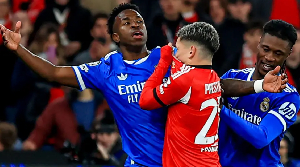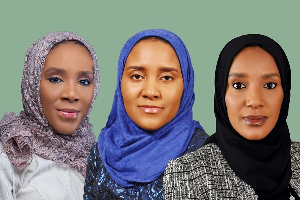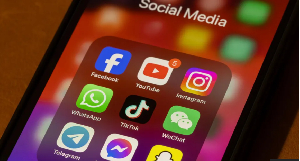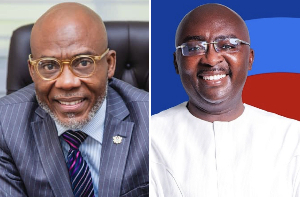Opinions of Monday, 6 July 2020
Columnist: Mohammed Rabiu Adam
Part three: Ghana’s challenges and coronavirus
The arrival of COVID-19 in Ghana exposed challenges, which are multifaceted as the whole country experienced the shocks of the pandemic waves especially when the government pronounced lockdown in the Greater Accra, Greater Kumasi and Kasoa, environ in an attempt to curb the spread of the virus.
From the part one and two, we discussed such challenges to include abject poverty, housing deficit, lawlessness’s of the citizens, the culture of abandoning of projects start by another political administration and domestic business growth.
Ghana’s educational system from the basic to the tertiary levels were equally exposed by the pandemic. The coronavirus pandemic confirmed that all these while, our educational system was rigid. The authorities in charge of the various learning institutions were not ready to change let alone be prepared to change in conformity with changes in the technology.
Technology has reached a peak where instructors or teachers could give instructions to students in a virtual world. Ghana schools are accustomed to the face-to-face mode of teaching and learning and therefore to a large extent keep against such emerging changes.
Although, some tertiary institutions in an attempt to respond to the demand of learners for learning space created satellite campuses. These learning institutions have also rolled out weekend classes. However, one would want to find out, with these distance model of teaching and learning, how were they able to withstand the COVID-19 pandemic? Tertiary institutions in Ghana abhorred acceptance of people or knowledge seekers with certificates obtained from e-learning platforms from pursuing further studies in their campuses through the physical interaction environments.
This rigidity of our educational system led to the sacking of some lecturers somewhere last year for obtained their PhD certificates through the online model. Suddenly, educational institutions from the basic to the tertiary level are running e-learning despite the challenges associated with it. We hope for the best.
Another challenge Ghana experienced was the absolute diminished of holy spiritual men of God. Conspicuously missing in action are the men of God and their partners Mallams who have been fighting for airtime to pronounce how powerful they are when it comes to healing all manners of sickness and diseases.
Those well-known Prophets for their prophecies were equally sobered by the pandemic. Those herbalists who through their numerous mass media advertisement claimed to have the powers to cure every sickness were they themselves lockdown by the COVID-19. Will they come back to their host media houses when the virus fight is over? What will be their message in this regard? The degree of liars and deceit of some of these men of God were exposed equally as if the Omniscient God has no knowledge about the existence of humans on earth.
This pandemic was truly God’s test of humankind patience but the charlatan preachers who hitherto see their counterparts (the orthodox churches) not to be spiritually inclined were rather those at the helm of affairs when the clarion calls sounded by making needed donations of their facilities, cash and other valuable items. Kudos to the Catholic Church and Pentecost for donating their facilities for the fight against the coronavirus.
Where was Obinim, Opamboar, Rev Obofour, Owusu Bempah and their Mallams alike? It was unfortunate that some of them found themselves in the pocket Hon Kennedy Agyapong.
Communication is considered as a lubricant that facilitates transmission of information from one place to the other. With a purposeful agenda to achieve an intended objective, it leads to strategic communication. Communication in the form of educating the public on how to handle the virus was largely truncated by the behaviours of some Ghanaians.
People did not see the significance of why they have been asked to stay home when they don’t have any business outside. Several people have to be asked by the security personnel detailed at various temporary erected borders in the cities to go back to their homes.
The pandemic communication lacuna was also realised in terms of the kind relationship that existed between the citizens and the security personnel. A video of a military officer went viral when he descended down to earth to educate some Ghanaians on why they have to comply with the laws. Some Ghanaians taught military are no-nonsense for that matter the officer will have such time to educate but rather assault people. This is a wrong notion that must be disregard by all well-meaning Ghanaians. Military men are jovial, lovely but disciplined in their daily routines.
In term of community engagements, most Metropolitan/Municipal/District assemblies failed the central government in educating the people. The only time you hear the information van was during market days, which were not enough as some of the people think that the disease is a hoax.
Cosmopolitans communities were left with only one language for education when actually speaking to people in their own language have a significant impact than just one’s ability to understand other languages.
The model later adopted by the Ministry of Information by using some of the local languages to educate both the media outlets and the general public deserved commendations.














